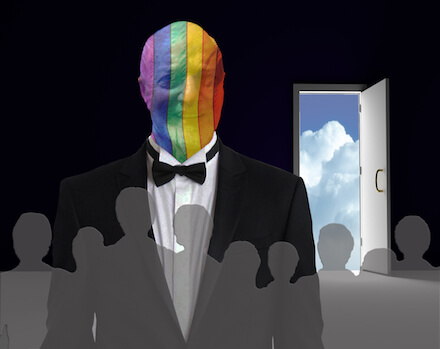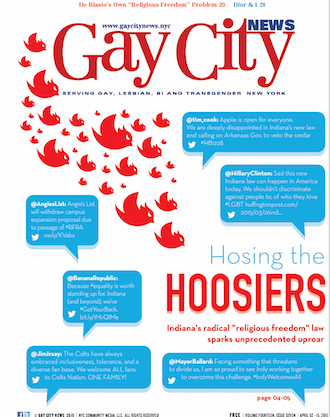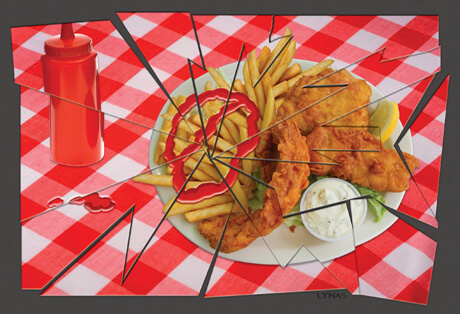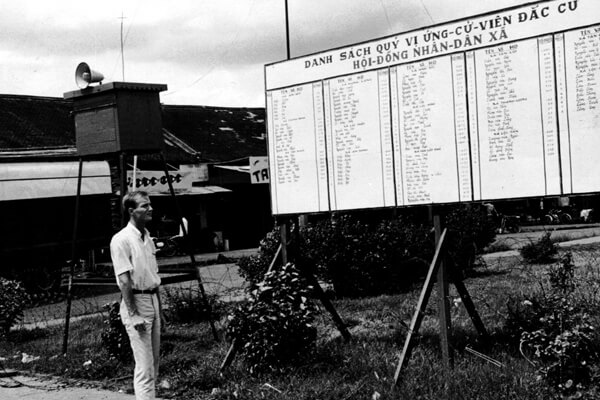Not long ago I attended a play on 10th Avenue in a ramshackle building in the West 50s. One of those neglected structures with an elevator that takes five minutes to travel three floors. In was a late winter evening and the play took place in a dark, drafty loft space, a totally forgettable performance, so unremarkable that I can’t begin to remember the title of the work. I recall almost nothing of what I saw and heard during the 90 minutes I sat shivering on a hard, crowded bench wedged between other audience members who, like me, had kept on their parkas and gloves.
Lots of energy was released by the single actor who played himself in what I suppose could be termed a cutely raunchy parable about a boy coming of age. At one point when the protagonist stripped down to his boxers, revealing a worked-out, buff body, there were lots of hoots and loud clapping, especially from a female contingent in the front-row bleachers. For a while I thought I had parachuted into a Chippendales show in Vegas.
I’ll stop there and not even attempt to plumb the hour-and-a-half I spent in that gloomy, unheated garret-like space. Except for one thing.
Perspective: Closets of the Mind
Early in the show, the actor, playing his teenage self, opens a closet and pulls out an old trench coat belonging to his long-absent father. He buries his face in the coat, saying that smelling it is the only way to bring back the memory of his departed parent. He has nothing else to love but an odor.
My heart skipped a beat as I watched this simple act of emotional desperation. I had done the same thing when I was 15, 60 years ago. As a teenager I was a quiet little dweeb. I had a hopeless crush on another boy, a fellow student who didn’t know I existed. He was a BMOC — big man on campus, captain of the basketball team, president of the student body, going steady with the prom queen, the whole nine yards. I was a shy nobody who lived in a dream world of books and poetry, never touched a football, never looked people in the eye when I spoke to them — and I never spoke unless it was to haltingly answer somebody who had spoken to me first. Nobody knew my name. Even though we had Spanish class together, I was sure BMOC had never noticed me.
But he had.
Because of a flat tire or a rain storm or I don’t know what pretext, BMOC showed up at my house late one night and tapped on my window, asking if he could sleep over. In 1954, my kind of love dared not speak its name. In fact, aged 15, I didn’t know there was such a thing as sexual orientation or that people were “gay” or “straight.” Imagine the rush of feelings flooding over me — fear, delight, disbelief — when BMOC appeared at my door, shy and smiling, to court me, the creep with no name.
Speechless, I crept to the door to let him in. In the hours that passed, we scarcely spoke, lying together in the darkness. I do remember, though, the very first attempt in my life at cracking a joke when I told him, “Up close you look like a Martian !” He laughed and boxed my ears and buried his lips in my neck. What a thrill it was to realize that I actually had a voice and a personality, that I could make somebody laugh, that I was a likable, attractive human being.
The next morning, BMOC departed early in his father’s red Studebaker, an outrageously beautiful car with a bullet nose that he had parked in our driveway. He was gone before my parents were up, making his secret late night visit even more elicit and delicious. Nobody knew he had been there but the two of us. He said we’d have to get together again. Leaving in a rush, he forgot his windbreaker that he had draped over the chair next to my desk. I discovered the jacket as I was leaving to catch the school bus and hung it in my closet. That night, hoping BMOC might visit me again, I opened the closet door, removed the jacket from its hanger, and buried my face in its folds. It smelled of Vitalis hair oil and his young body sweat. Not very romantic, to be sure, but to me it was indescribable ambrosia.
Night after night, I repeated my ritual: hugging his jacket as I looked out my window, hoping to see his smiling face in the dark, his finger tapping on the pane, imploring me to have another sleep-over.
BMOC never came back and never spoke to me again. Everyday I would see him and his prom queen walking hand-in-hand as they cut a wide swath across the high school campus. But I still had his windbreaker. He never asked me for it. Had he forgotten that he had left it at my place or was the very thought of the jacket an embarrassing admission of what we had done that night ? Or could it have been a gift, a thank-you for a stolen night that would never happen again?
Until I left home some years later, I kept the jacket in a special corner of the closet so none of my other clothing would touch it, spoil it. When I packed to leave for college I thought of taking BMOC’s windbreaker with me. But I decided to leave it where it was hanging. After all, memories deserve a special place even if it is only the dark corner of a closet.
Sam Oglesby is a New York City-based journalist and writer. He is the author of four memoirs and the winner of the 2013 New York Press Association Award for Best Feature article.



































